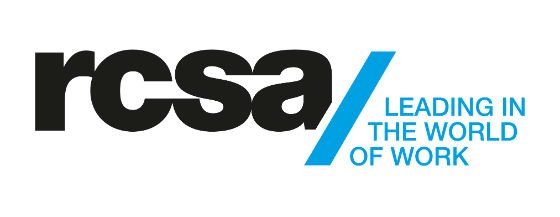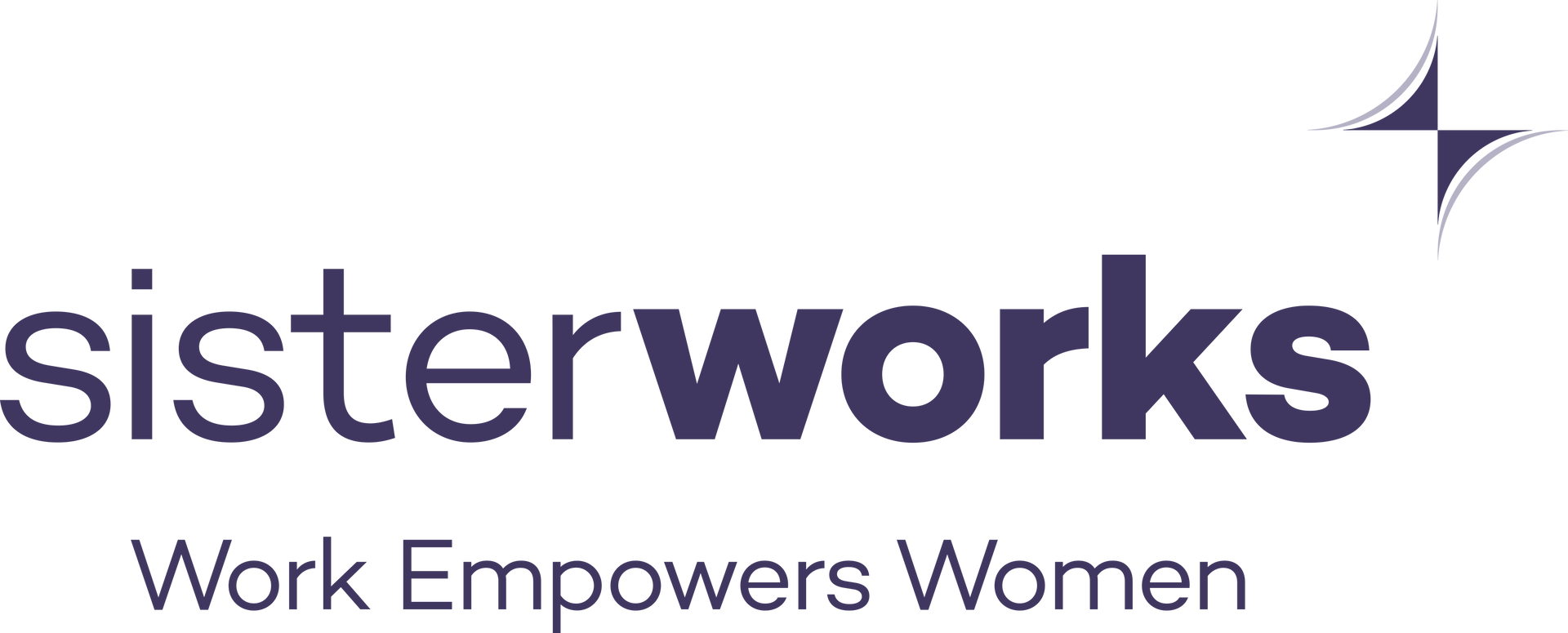I work in the legal industry: do I need a mentor?
I work in the legal industry: do I need a mentor?
In this article we explore what a mentor in the legal industry looks like and how it might work for your career in Australia.
What is a mentor?
A mentor is a person who is more experienced than you in a field that you are interested in learning more about or developing your skills in.
A mentor can provide support, professional guidance and even help with your career development. They also generally have better networks than a less experienced lawyer, so can potentially make useful introductions for you.
How does the relationship work?
A mentor and mentee relationship can be formal or informal. It might be a relationship for a set period of time (i.e. 3 or 4 meetings over the course of one year) or it might be an ongoing relationship. It might involve a regular scheduled catch up either on the phone or over a coffee. Generally the way communication works and how often in a mentoring relationship is determined by the mentor and the mentee based on their mutual expectations.
Conversations between a Mentor and Mentee are strictly confidential. This can be particularly useful if you are navigating difficult career waters or are needing advice on a challenging matter.
Why do I need one?
A great mentor is invaluable. They will have more career and life experience than you and can add a different perspective to a dilemma or complex problem.
How do I choose one?
There are several programs in Melbourne that match junior lawyers with mentors. These include the Law Institute of Victoria who have a number of mentors available on their database to select from.
Your own firm may also have a mentoring program as part of their cultural and staff engagement initiatives.
Can I just ask someone?
If you don’t have access to a mentoring program then there is nothing wrong with sourcing your own mentor. We would suggest making an approach to a mentor outlining why you have chosen them and what you are hoping to gain from the relationship. Most people will be flattered to be asked and will be keen to pass on their hard won knowledge. If they do not have time to be able to help you, they may be able to point you in a suitable direction to an alternative. If you are going to set up a meeting, it is a good idea to let them know that the meeting is to discuss a potential mentor/mentee relationship so that you don’t ambush them. If the prospective mentor agrees you can then talk about expectations and how to communicate. You can decide together how often to meet and what you are hoping to learn or achieve. Remember their time is valuable!
Can I have more than one?
Over the course of your career you may have several mentors. Or you may hit the jackpot early and just have one. You will learn something different from each of them and their experience will add value to your career. Your needs from a relationship may change over time as well.
Right, I have a mentor, do I need to prepare to meet them?
Yes! It is important to respect the time your mentor is putting into your career. It is a good idea to arrive with prepared questions that you want their opinion or insights on. You should also be prepared to take on feedback that your Mentor gives you on your approach to situations, matters or issues. A mentoring relationship is a two way street, it involves speaking and listening and taking on board differing opinions and approaches.
We think that having a mentor either formally or informally can really give you the edge in your career. Talk to your people leader about your firm’s program or start thinking about who would be the right fit for your requirements. It can be a nerve wracking thing to approach them, but we encourage you to give it a try.
Resources:















